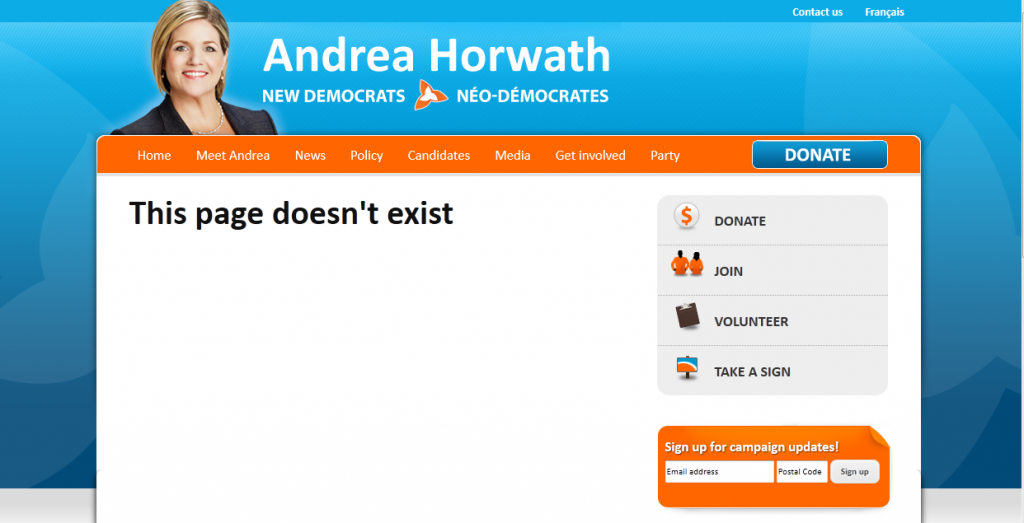It’s not very charitable, you might say. Not at all.
The way in which the federal government deals with charities, that is.
And if you believe in the work that charities do — or if you even cling to the notion that freedom of speech should be applicable to non-governmental organizations, too — then you should be concerned about what is quietly going on behind bureaucratic curtains up in Ottawa these days.
Federal bean-counters define a charity as a corporation or a trust that carries on, what else, “charitable purposes” — meaning, an enterprise set up “for the benefit of the public,” or a “sufficient segment” of the public.
The leading case on charities goes back to the 19th century. There, no less than the House of Lords ruled a legitimate charity could be involved in the relief of poverty, or advancement of education or religion, or “other purposes beneficial to the community in a way the law regards as charitable.”
If that all sounds to you that a faceless bureaucrat (or a vengeful politician) can bend the word “charity” to fit whatever subjective criteria they’d like, you’d be right. The rules governing charities in Canada have always been pretty loosey-goosey.
And therein lies the problem.
Comments (15)




